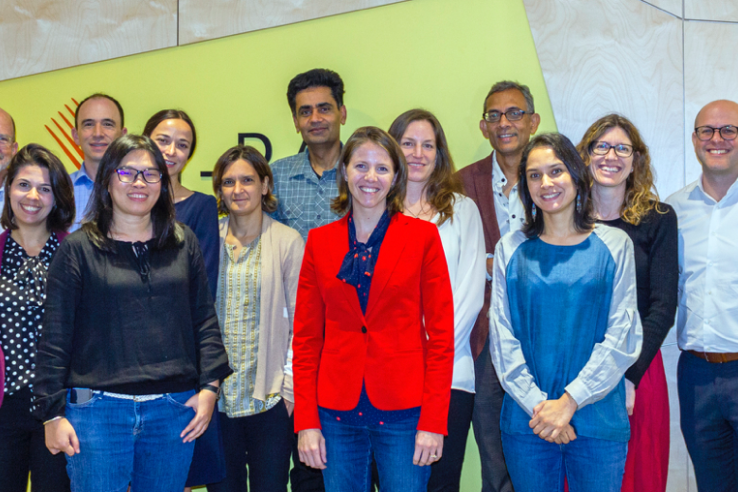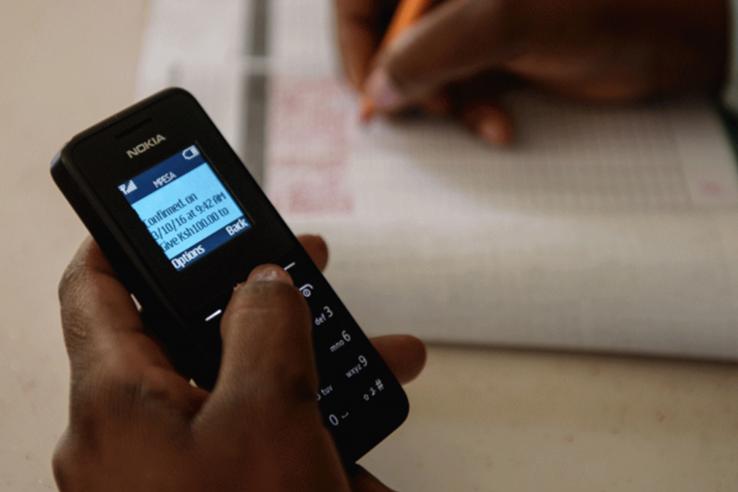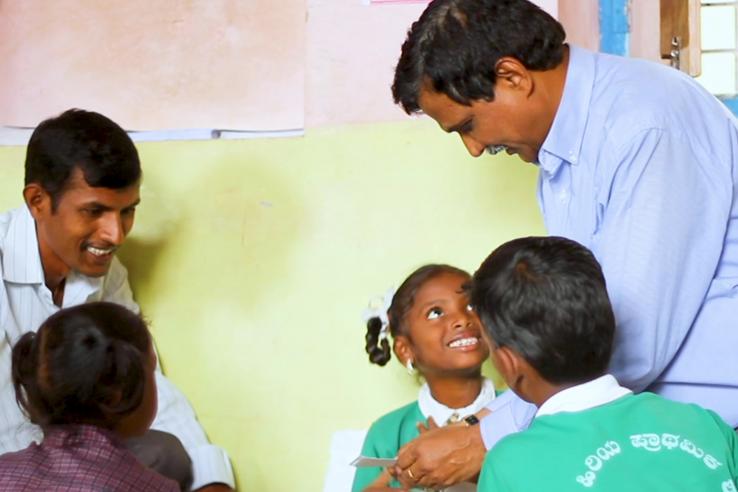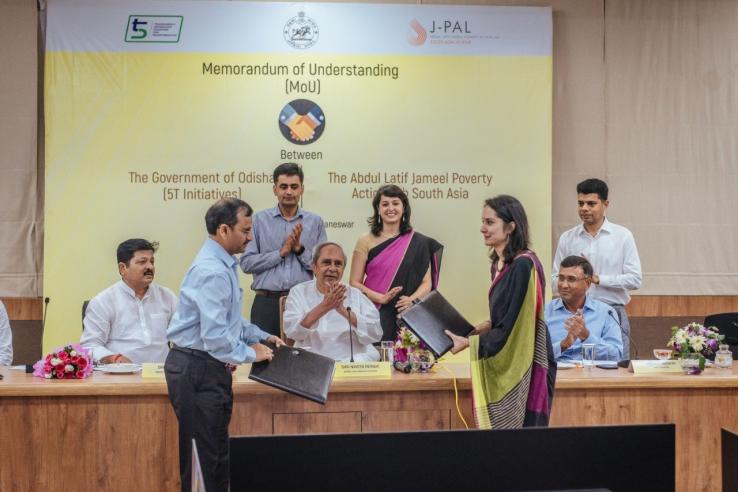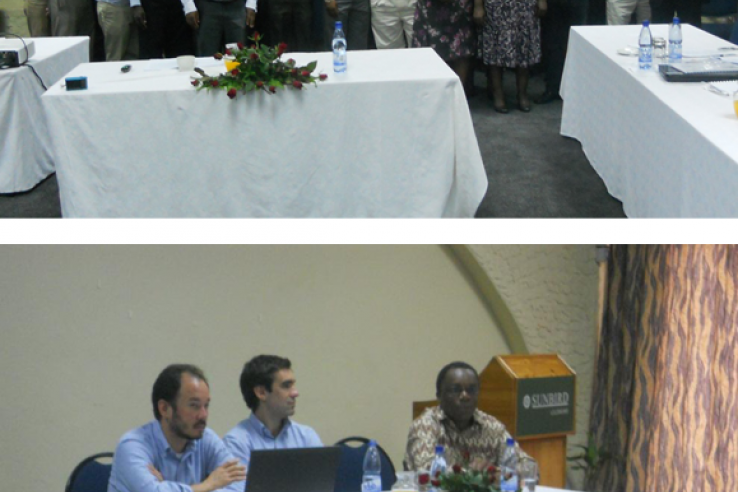Displaying 1846 - 1860 of 8491
Update
J-PAL Updates
Abdul Latif Jameel Poverty Action Lab (J-PAL) co-founders Abhijit Banerjee and Esther Duflo, with longtime J-PAL affiliate Michael Kremer, were jointly awarded the 2019 Sveriges Riksbank Prize in Economic Sciences in Memory of Alfred Nobel. The prize was awarded “for their experimental approach to...
Update
J-PAL Updates
Abdul Latif Jameel Poverty Action Lab (J-PAL) co-founders Abhijit Banerjee and Esther Duflo, with longtime J-PAL affiliate Michael Kremer, were jointly awarded the 2019 Sveriges Riksbank Prize in Economic Sciences in Memory of Alfred Nobel. The prize was awarded “for their experimental approach to...
Update
J-PAL Updates
In our August 2019 newsletter J-PAL Africa launches Digital Identification and Finance Initiative (DigiFI Africa), J-PAL North America launches Evaluation Toolkit, and more.
Update
J-PAL Updates
In our October 2019 newsletter, teaching at the right level to improve learning, new J-PAL affiliates, a new platform for datasets from randomized evaluations and more.
Update
J-PAL Updates
In our September 2019 newsletter, How can RCTs help us reduce conflict and violence?, Helping small businesses in Egypt engage with foreign markets, and more.
Update
J-PAL Updates
The Government of Odisha signed a Memorandum of Understanding (MoU) today with the Abdul Latif Jameel Poverty Action Lab (J-PAL) South Asia to engage in a strategic evidence-based approach to policymaking.
Update
J-PAL Updates
On October 14, J-PAL co-founders and Directors Abhijit Banerjee and Esther Duflo, jointly with longtime J-PAL affiliated professor Michael Kremer, were awarded the 2019 Nobel Memorial Prize in Economics “for their experimental approach to alleviating global poverty.” This special edition of our...
Update
J-PAL Updates
J-PAL Europe, together with Community Jameel and Porticus, announce new research partnerships to promote social inclusion for migrants and refugees in Europe
Resource
Basic page
Resource
Basic page
Person
Resource
Basic page
Resource
Basic page
Resource
Basic page
Resource
Basic page
